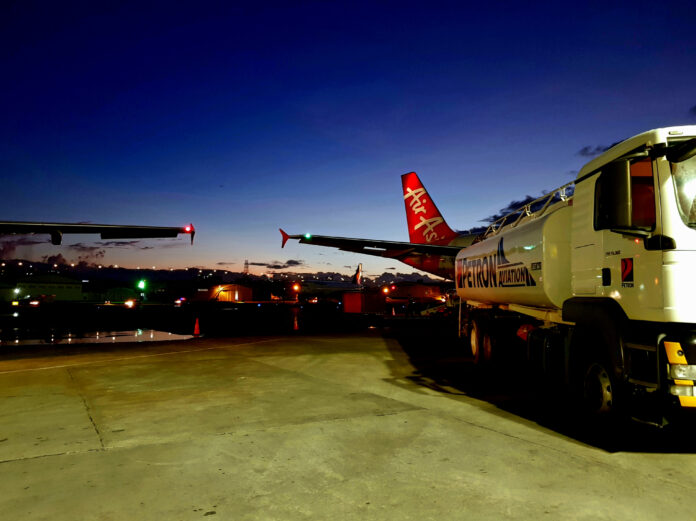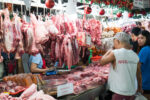In a move that will impact both domestic and international passengers, the Civil Aeronautics Board (CAB) has authorized airlines to impose higher fuel surcharges starting the first day of March, leading into the hot months travel season. The surcharge for both passengers and cargo will increase to “Level 5,” up from last month’s “Level 4.”
For domestic flights, passengers face a fuel surcharge ranging from ₱151 to ₱542, depending on distance. International flights will see surcharges between ₱498 and ₱775. Cargo surcharges will also rise, with domestic rates reaching ₱0.77 to ₱2.27 per kilogram, and international rates ranging from ₱2.56 to ₱19.04 per kilogram.
This adjustment is a direct response to rising fuel costs, and underscores the pressure on airlines to recover operational expenses. The CAB clarified that airlines must file their application for higher surcharges by the effective date, and rates must not exceed the specified thresholds.
Despite the rise in surcharges, Cebu Pacific said its commitment to affordable travel, with president and chief commercial officer Xander Lao assuring passengers that the airline remains focused on offering the best value fares. “With summer travel approaching, we encourage our passengers to book early and take advantage of our lowest fare,” Lao said.
In an economic context, the rise in fuel surcharges aligns with the ongoing volatility of fuel prices. According to the International Air Transport Association’s (IATA) Jet Fuel Price Monitor, the average price of jet fuel has dropped by 3 percent, to USD96.11 per barrel as of February 14, compared to the same period last year. However, airlines are still feeling the strain of fluctuating fuel prices, leading to higher operating costs, which they pass on to consumers through surcharges.
For travelers, this increase serves as a reminder of the broader economic forces at play as the aviation sector navigates post-pandemic recovery and rising operational costs.







